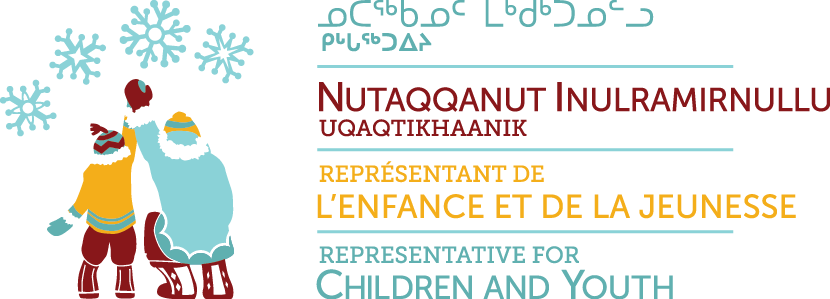The United Nations Convention on the Rights of the Child is an international human rights agreement, which describes all of the rights young people have, as well as the obligations governments have in connection to these rights.
Child rights are things all young people should have, like access to safe drinking water and nutritious food, or things they should be able to do, like go to school and receive instruction in their own language. Access to these things help children, youth, and their families make good choices for their lives, helping them grow and develop into capable and responsible citizens who support themselves, their family, and their community.
All young people have these rights regardless of who they are, where they live, what their parents do, what language they speak, what their religion is, their gender or gender identity, what their culture is, whether they have a disability, or whether they are rich or poor. No child should be treated unfairly for any reason, according to Article 2 of the United Nations Convention on the Rights of the Child.
No single right is more important than another and often when one right is not met several others are not met as well.
When Canada signed the United Nations Convention on the Rights of the Child more than 30 years ago, Canada promised to make sure that all young people and their families across the country, including Nunavut, would have access to all of the rights explained in the United Nations Convention on the Rights of the Child.

